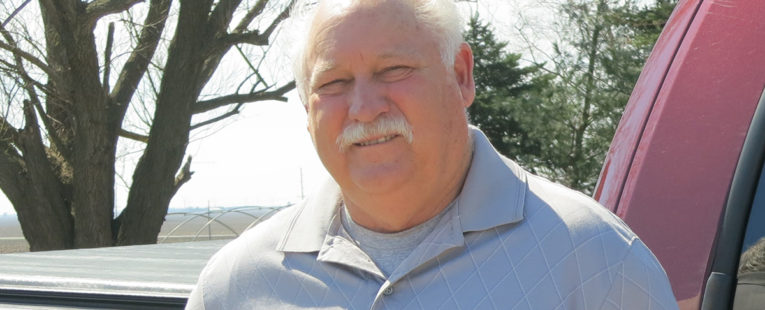Excuses.
That’s what Frank Hill says stopped him from getting a colonoscopy after turning 50, as recommended at the time by the American Cancer Society and other advocacy groups.*
The El Paso man says there was confusion over whether insurance would cover a colonoscopy “so I didn’t have the early screening. I didn’t have a history of cancer in the family, so I just said I’ll wait.”
“I shouldn’t have,” Frank said.
The now 68-year-old was diagnosed with colorectal cancer three years ago.
Colorectal cancer is the second-leading cause of cancer-related deaths among men and women combined. In 2017, it is estimated there will be 135,430 new cases and 50,260 deaths from colon and rectal cancers in the U.S., according to Fight Colorectal Cancer, an advocacy group focused on research and finding a cure for the disease.
Frank’s Story
“I started noticing blood in my stools and it stayed pretty consistent, so I thought I better have it checked out,” he said.
Frank visited Dr. Jessica White, his primary care provider at OSF Medical Group – Minonk, in February 2014.
Dr. White said colorectal cancer wasn’t the first thing she thought about when she discussed Frank’s problems during that first visit.
“At that visit it actually sounded more like irritable bowel syndrome,” she said.
Dr. White referred Frank to Dr. David Rzepczynski, a gastroenterologist in Bloomington.
“We got the colonoscopy because we were discussing GI issues and I noted he was overdue for a colonoscopy,” she said.
Frank said Dr. Rzepczynski “told me I had a tumor before I left the office and he began arranging a treatment plan and eventually surgery. It was an early stage. The tumor was about the size of a walnut near the sphincter muscle. If I had had those early screenings, they could have caught it as a polyp.”
From April 16 to May 27, 2014, Frank underwent 26 days of radiation and 42 rounds of chemotherapy. Surgery with OSF HealthCare surgeon Dr. Travis Holt followed on August 20, 2014, leaving Frank with a permanent colostomy due to where the tumor had been located. And then more chemotherapy from October 2014 until April 10, 2015.
Positive Outcomes
Dr. White said despite Frank’s diagnosis and treatment, “He always remained in good spirits and focused on the positive.”
Frank said it was the optimism of his doctors that helped him remain in such good spirits.
“If the doctors told me to do something, I did it to the best that I could. I followed their directions because I wanted the best chance,” he said. “They were very optimistic from the start, saying, ‘This is a very common form of cancer, it’s very treatable, very curable.’ I had a light at the end of the tunnel the whole time. I wouldn’t wish that year on anybody, but I was lucky.”
The support of his wife, Linda, children, grandchildren and his faith encouraged Frank during his journey.
“If the Lord wanted me, he’d have taken me,” he said. “But he must have wanted me to stay around.”
Today, Frank goes for check-ups every six months and is cancer-free. He also advocates for everyone to “get your annual screenings as often as you’re told to do.”
* The American Cancer Society now recommends screenings beginning at age 45.
Last Updated: December 12, 2018
